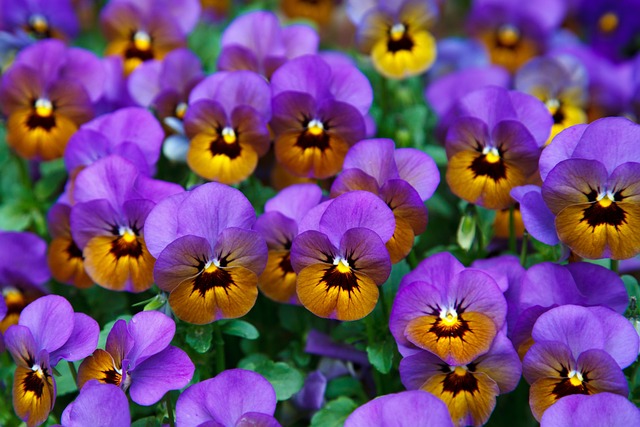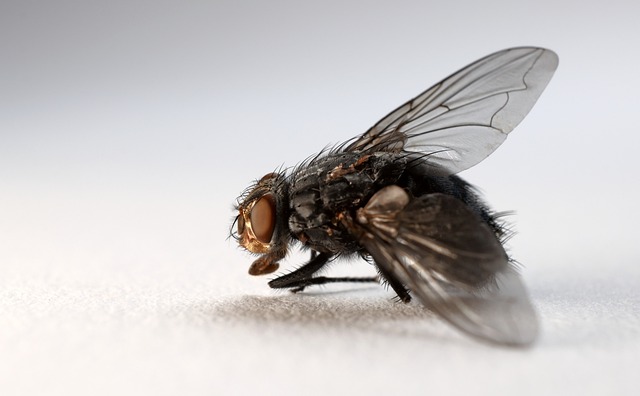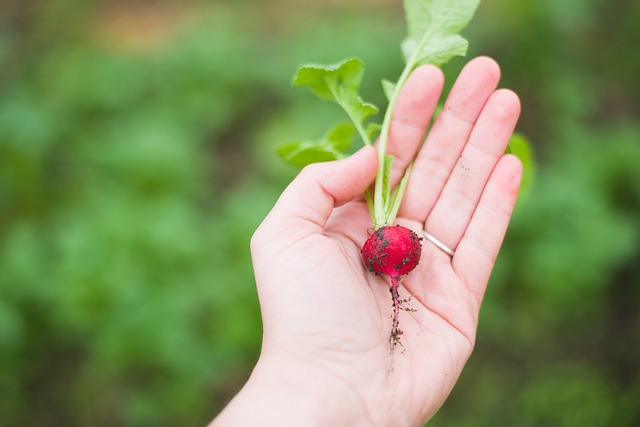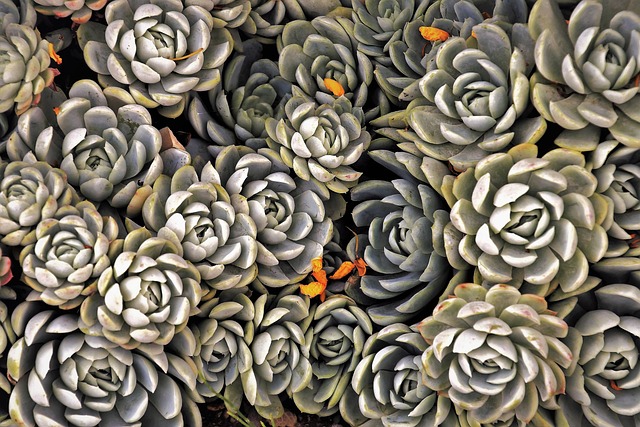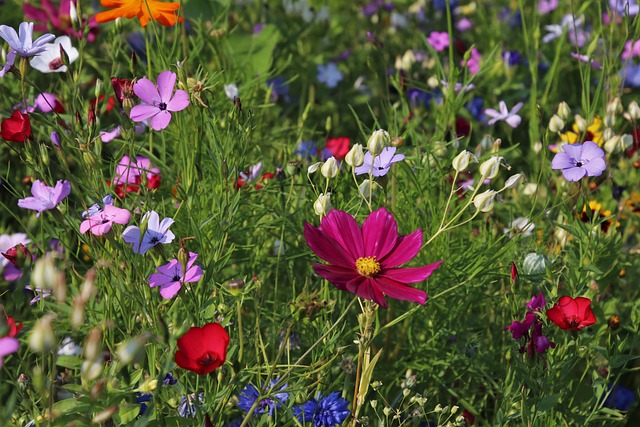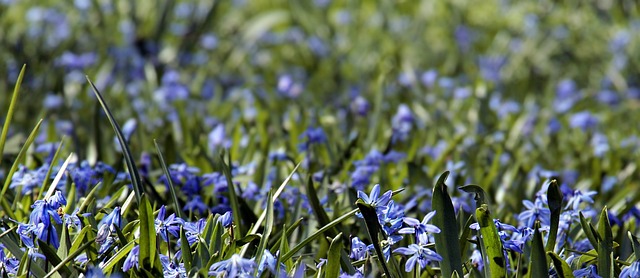
There are so many tools and methods to grow an all-natural, vibrant and healthy garden. Before tackling such a project, it is important to be prepared.
For a garden that thrives, choose the right type of soil. Depending on the type of plants you desire in your garden, your natural soil may or may not be appropriate. You can also create an artificial area with only one kind of soil.
Plant bulbs if you want spring and summer flowers. These are hearty choices, choices that will reward you for years despite the little effort that is involved in their care. Plant bulbs that will bloom at various intervals to ensure beautiful flowers are growing in your garden all year long.
As the weather turns colder, it is important to prepare your sensitive shrubs for the change. If the temperature drops below 50 degrees, you should consider protecting them, especially if they do best in warm environments. Tie these canes at the top, and place a blanket over it. This is more effective than putting plastic on the plant, it will let the air flow.
Plant for fall color. That doesn’t have to be it though. The autumn season can be one of the best growing seasons and is certainly the most colorful. Maple, beech, and dogwood trees are many colors in the fall, from yellow to a deeper crimson. Shrubs such as cotoneaster, hydrangea, and barberry will also provide a splash of color in the fall.
Allow your children to actively participate in planting your organic garden. You can provide a good learning experience that your children can appreciate the more they learn on how to grow healthy produce.
Are you a parent? If you are, try planting some strawberries like everbearing strawberries in your garden. Kids delight in the idea of growing things and seeing how things change over time. Explain every step to your child and he or she will hang on to your every word.
Take the time needed to plant your seeds. The first step is to moisturize the soil. Next, you will want to evenly distribute your seeds to ensure sufficient growing space. The seeds should be planted at least 3 times deeper than the seed’s depth. There are some seeds that require light to grow, so they must not be buried.
After your seeds begin to sprout, it is not as important to keep them warm. After growth begins, you can remove plants from any excessive heat sources. You can now take off any protective coverings on your plants that were there to shield them from the elements. Watch your seeds closely to find the right time to do this.
Organic material piled three inches deep is an effective mulch in your flower gardens. This practice is an easy way to discourage weeds, retain moisture, and add valuable nutrients to your garden. What’s more, your garden will look professional all year.
Add mulch for healthy soil. Mulch acts as a protective shield for the soil it covers. It keeps the soil cool on very hot days, thus protecting the roots in the ground. Mulch also slows the rate at which water evaporates, which improves your soil’s ability to retain moisture. It can also help alleviate any weed issues.
Drowning your plants with water can kill them! It will stop your plant’s roots from being able to obtain any nutritional goodness out of its surrounding soil Don’t go ahead and water your garden if the weather report predicts rain that day. Depending on what the weather is going to be like, you might not want to water your plants for the day.
Organic fruits and vegetables grow without being exposed to pesticides and other chemicals. While this is great, you still need to check your produce for any bugs or other pests.
Rotating plots of garden has been done for centuries, and there is good reason for that! Planting the same plants in the same place each year can promote the growth of disease and fungus. These plant enemies can become stored in the ground, ready to attack your plants the following year. Moving the plants to different areas will prevent these invaders from growing on your plants.
When choosing plants for your organic garden, make sure you have a plan about what you want to grow. Various types of a certain veggie or flower need different kinds of environments. Certain types of roses, for example, vary greatly from one another. Be sure to pick the varieties that will work in your environment.
You have probably heard that compost is an effective fertilizer for organic gardens, but are you aware of what goes into compost? It is made from a variety of items, including wood chips, bits of produce, twigs, straw, grass clippings, and leaves, all of which have decomposed into a sort of soil. This nutrient-rich mixture is preferable to commercial fertilizer.
Growing plants that carry a high value are your best bet for the garden. Value is subjective and will vary from person to person. If you grow vegetables which are expensive to buy, you will save on food costs by producing them yourself. So, plant things that you love and enjoy their results.
A good way to get fertilizer is by making compost yourself. One entertaining method of doing this is to start a worm composting bin. Mix up some dirt, refuse from the kitchen, and newspaper clippings, then let the red wiggler worms go at it.
Depending on where you live, you may be able to continue harvesting some garden crops during the winter. You can protect these vegetables by covering them with a homemade tent. Start by placing bean poles at the sides of the garden bed. Next, cover the tops of the poles with an old sheet or tarp. Bricks, or bags of soil can be used to hold down the edges. This is an inexpensive way to cover your growing crops during the cold winter months.
While anybody can plant a few seeds, only people who’ve educated themselves can create an amazing, thriving organic garden. Make sure to use these organic tips.



